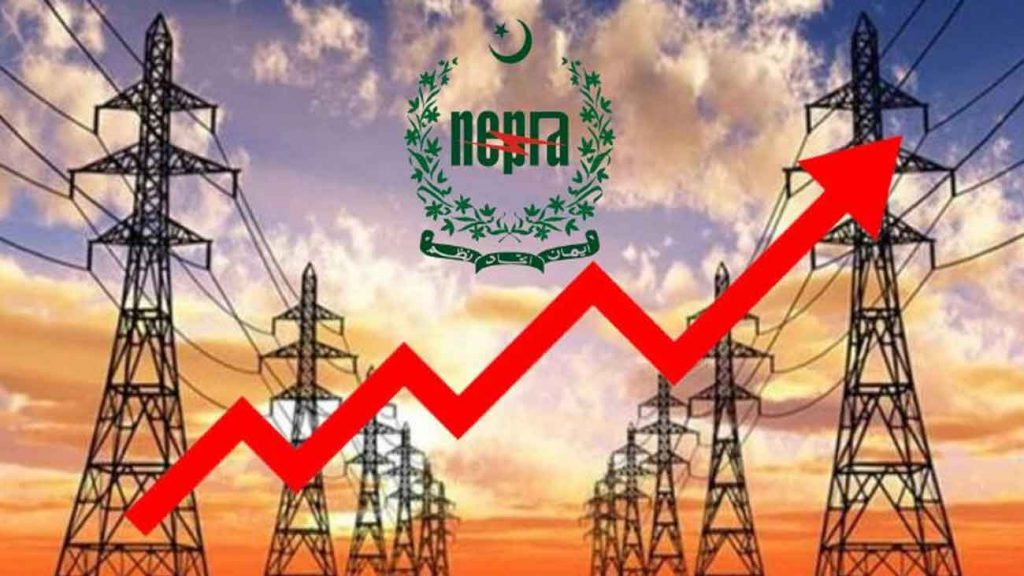EDITORIAL
In December 2000, the General Assembly proclaimed 18th December International Migrants Day (A/RES/55/93). On that day in 1990, the Assembly adopted the International Convention on the Protection of the Rights of All Migrant Workers and Members of Their Families (A/RES/45/158).
In recent years, competition, conflict, insecurity, and the effects of climate change, war and conflict have heavily contributed to the forced movement, whether within countries or across borders. In 2020 over 281 million people were international migrants, while over 59 million were internally displaced by the end of 2021.
Migrants and displaced people represent some of the most vulnerable and marginalized groups in society, and are often exposed to abuse and exploitation, have limited access to essential services, including healthcare, and are faced with xenophobic attacks and stigma fueled by misinformation.
On the other hand, many migrant workers are often in temporary, informal, or unprotected jobs, which exposes them to a greater risk of insecurity, layoffs, and poor working conditions.
Due to the persistent lack of safe and regular migration pathways, millions continue to take dangerous journeys each year. Since 2014 more than 50,000 migrants have lost their lives on migratory routes worldwide.https://republicpolicy.com/international-human-rights-day-and-human-rights-crises-in-pakistan/
Despite this, migrants have been a source of prosperity, innovation, and sustainable development to countries of origin, transit, and host countries. Their financial contribution through remittance offers a lifeline to families and spurs local markets, especially those of Low- and Middle-Income Countries. In contrast, their role in the labour market remains invaluable, as evident on the frontline of the COVID-19 pandemic response. Their knowledge, networks, and skills have contributed significantly to developing resilient communities.
Strengthening the contribution of migrants to sustainable development requires a collective effort to improve migration governance and address the challenges migrants face. The Global Compact for Safe, Orderly and Regular Migration (GCM) offers the opportunity and guidance to actualize human mobility and seize the opportunities it presents.
Every year on 18th December, the world marks International Migrants Day, a day set aside to recognize the critical contribution of migrants while highlighting the challenges they face.
In terms of migration, due to its geographical position as a crossroad between South Asia, Central Asia and the Middle East, Pakistan has always functioned as a bridge between the great civilizations of Asia and Europe. As such, it can be simultaneously categorized as a country of origin, transit, and destination for international migration flows. A complex mix of forced and voluntary migration patterns characterize mobility to, from and within Pakistan. Since 1990, Pakistan has hosted one of the five largest refugee populations worldwide while producing considerable numbers of refugees. At the same time, labour migration to and from Pakistan also constitutes an essential aspect of mobility in the country. In Pakistan, internal migration flows are often linked to the development differential between urban and rural areas. It happens because people move for better opportunities. Pakistan is also subject to a vast array of natural hazards, which have caused numerous waves of internal displacement and internal migration.
An estimated 281 million people, approximately 3.6% of the world’s population, currently live outside their country of origin, many of whose migration is characterized by varying degrees of compulsion. Notwithstanding that many migrants choose to leave their countries of origin each year, an increasing number of migrants are forced to leave their homes for a complex combination of reasons, including poverty, lack of access to healthcare, education, water, food, housing, and the consequences of environmental degradation and climate change, as well as the more ‘traditional’ drivers of forced displacement such as persecution and conflict.
Migration is a positive and empowering experience for many; it is increasingly evident that a lack of human rights-based migration at the global and national levels is leading to the routine violation of migrants’ rights in transit at international borders.https://republicpolicy.com/youth-wants-immigration-it-is-not-brain-drain-but/
While migrants are not inherently vulnerable, they can be vulnerable to human rights violations. Migrants in an irregular situation tend to be disproportionately vulnerable to discrimination, exploitation and marginalization, often living and working in the shadows, afraid to complain, and denied their human rights and fundamental freedoms.
Human rights violations against migrants can include a denial of civil and political rights, such as arbitrary detention, torture, or a lack of due process, as well as economic, social and cultural rights, such as the rights to health, housing or education. The denial of migrants’ rights is often closely linked to discriminatory laws and deep-seated prejudice or xenophobia attitudes.
In this context, there is a need to promote, protect and fulfil the human rights of all migrants, regardless of their status, with a particular focus on those migrants in vulnerable situations who are most marginalized and at risk of human rights violations. The day remembers all the nations to respect migrant rights.


















































1 thought on “The significance of International Migrants day on 18th December”
Nice